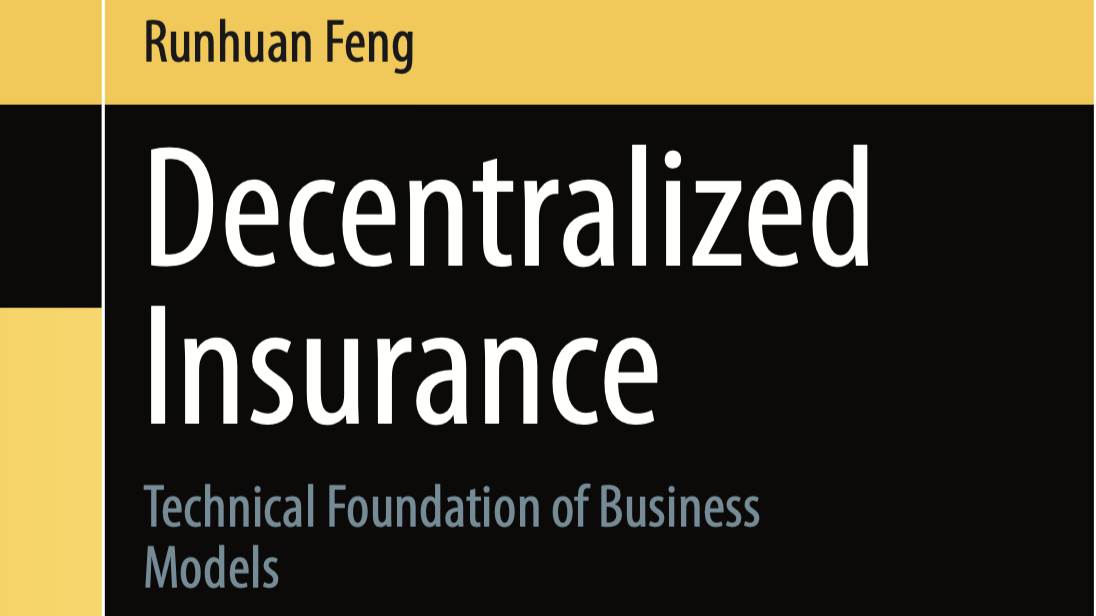Online mutual aid (MA) is a novel form of risk sharing empowered by InsurTech to provide critical illness coverage without involving an insurer. By shifting from ex-ante premium to ex post sharing, MA platforms regularly publicize the information of confirmed loss cases to their participants, including claimants’ diagnosed diseases,benefits and share contribution per participant. This paper shows that MA’s distinctive “paying after knowing” feature has largely shaped its cost-effectiveness. We first provide a rigorous examination of the underpinning theory and conclude thatMA model’s low coverage cost is achieved through an effective ex-post cost-sharing mechanism. In addition, MA plans suffers unfairness as they differentiate members only by gender and age group of large bandwidths. Using proprietary data on participants’ quitting behavior, our empirical analysis shows that participants are conscious about the public disclosure and confirms the existence of adverse selection due to the lack of actuarial fairness.
Read More at: https://papers.ssrn.com/sol3/papers.cfm?abstract_id=3925904





